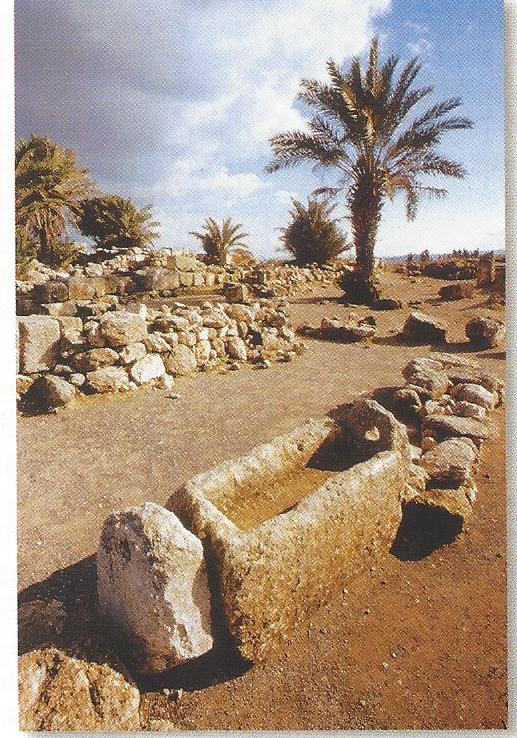
I was reading the Christmas story in Luke last night in the New American Standard Bible translation, and came across verse 14, one of the most quoted verses at Christmas. But when I read, “And on earth peace among men with whom He is pleased,” it seemed wrong theologically.
I was reading it as saying God was pleased with men on earth, which was obviously incorrect. If God was pleased with man on earth, there would be no need for the Christmas story at all. Jesus’ birth was a foreshadowing of His death, which was necessary because man was enslaved to sin and in active rebellion against God.
So, I immediately went to the commentaries and different translations, and I discovered that while the New American Standard Bible was the more literal translation, what the angels were actually saying is there will be peace amongst those on whom His favor rests. Now, this does not sound as good on Christmas cards, but Truth isn’t determined by its marketability.
Think about it though, angels appear to shepherds to announce the birth of Jesus, and the angels are excited because they know the plan, they can see down the road where all this headed, and in their excited utterance of praise, they say two things. First, they praise God for what He is doing through the incarnation, and rightly so. And second, when they turn to man, they don’t mention salvation, and they don’t mention eternal life; they mention peace. They were excited because there could now be peace on earth among those who were favored by God to be redeemed through Jesus’ death and resurrection.
Part of the role of an angel is to comfort and protect those on earth. See Luke 22:43; Psalm 91:11; Daniel 6:22. So many people suffer from anxiety, fear, depression, and despair. Also, so much of the harm that comes to people on earth is the result of interpersonal conflict. I can only imagine what the work of angels was like in a world where none were redeemed or even partially sanctified.
But with the incarnation, once people were born-again, they would enjoy an inner peace and comfort of the Holy Spirit and set out on the path of sanctification, taking on God’s character. The more they became like Jesus, the more peace they would enjoy internally and in their relationships, which meant the less angels would have to do to comforting and protecting man.
What God did at Christmas then, not only benefited man, it benefited the angels as well, and it was reason not only for us, but for them to say as well, “Glory to God in the highest!”
Merry Christmas. GS




